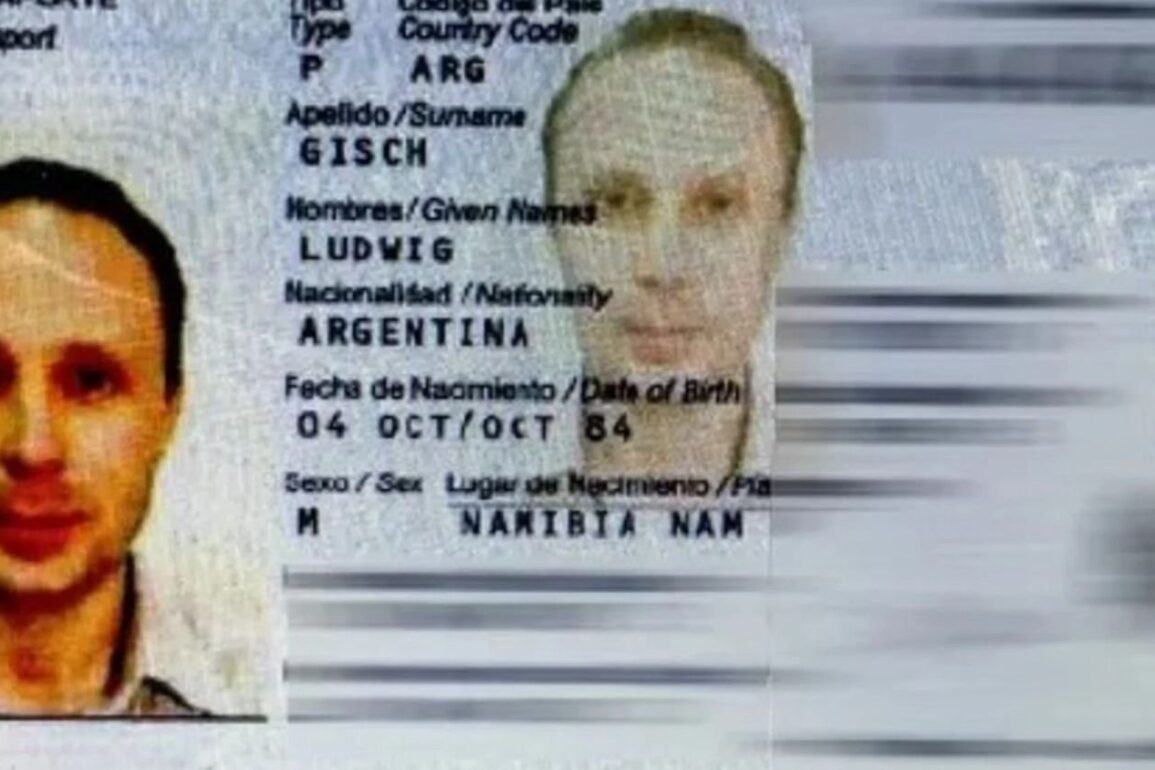A yellow house, with weathered red tiles and a brown gate. Address: Primožiceva 35. In the garden, an imposing magnolia. The house does not attract attention. It is similar to the others in the Črnuče neighborhood, in the suburbs of Ljubljana, the capital of Slovenia. Inside, a typical family -mother, father and two children- and an ordinary life, not very flashy. She, Maria Rosa Mayer Munos, dedicated her hours to the online sale of works of art. He, Ludwig Gisch, on the other hand, had a technology start-up called DSM&IT that was dedicated to providing softwareto organize your customers’ mailboxes. His little ones led a school life like any other child in the neighborhood, only it made it difficult for them to learn the language quickly.
They had arrived at this new destination in 2017, with the enthusiasm and apparent doubts of any immigrant.
The story that both repeated over and over again each time they asked him why they had chosen that destination, was that they had tired of the insecure life in Argentina. “The streets are difficult there”, they told their neighbors, without specifying much more. It was not necessary: just googling news about Latin America, insecurity is one of the issues that take on the most prominence. The registered address in Argentina was O’Higgins 2191, in the City of Buenos Aires.
The English newspaper The Guardian interviewed a dozen residents. Everyone had the same concept about these Argentines, they spoke Spanish at home and some English for the rest. “They were friendly”, “nice”. Nothing to suspect. Until one afternoon in the first days of last December, an operative broke into the house, carried out a thorough inspection and arrested them. They also seized a large sum of money. The children, unaware of what was really happening, were transferred to a social care unit.
Disturbing information began to leak: both were part of a Kremlin spy ring. Russians with Argentine passports. “ Ljubljana sources told The Guardian this week that ‘Maria and Ludwig’ were actually elite Russian spies known as ‘outlaws’. The arrests occurred after Slovenia received a tip from a foreign intelligence service, ”says the British newspaper. The suspicion of the Slovenian authorities go further. Reserved sources indicated that it would be two members of the SVR, Russia‘s foreign intelligence service.
They would have chosen Slovenia for a simple reason: little counterintelligence and easy access – without bothersome borders – to the rest of the European countries. In fact, its activity took place more outside the country than inside it. Mayer was even a constant traveler according to her social networks. She did it under the guise of promoting her art gallery and her online sales. Her suspicion about her contacts with other spies in Europe grows. As her wife, Gisch used her work to travel as well. Her Argentine passport, however, had a particularity: she said that she was born in Namibia in 1984.
Last February, when the news first broke, the Slovenian Minister of Foreign Affairs, Tanja Fajon, confirmed that the two foreigners accused of espionage and detained “are members of the Russian secret services” and suspected of having acted “against the national interests of Slovenia”. In recent days, she added more information that was already obvious at this point: ” They were not Argentines.”
“Illegal” agents are those who are not informed by the embassies, as is the case with Mayer and Gisch, who operated without any visible ties to Moscow. They are trained for years to pass themselves off as foreigners and then they are sent to other countries to penetrate different structures. Not even their own children usually know that their parents are Russian.
In April 2022, Slovenia – a member of the European Union and NATO – expelled 33 Russians who worked at the country’s embassy in Ljubljana after Moscow’s invasion of Ukraine. Other countries carried out the same expulsions of “ diplomats ” after the bloody attack ordered by Vladimir Putin.
“ The suspects are members of a foreign intelligence service, who used illegally obtained foreign identity documents to live and work in Slovenia under false identities and secretly gather information,” Drago Menegalija, a spokesman for the Slovenian police, told the media.
But the story does not end there. Hours after they were arrested – with sums of money suspected of being used to pay other espionage agents – the Kremlin would have contacted the Slovenian authorities to recognize the nationality of its members and try to prevent it from being made public. the detention. However, they were unable to do anything. Now, according to those same sources of information, Moscow would be in ultra-secret negotiations with Western powers to exchange the spies for prisoners who could be of interest and who were in Russian hands.
The two remain in custody awaiting trial. Those who were able to see them up close after the arrests indicated that they behave like professionals, stoic. If found guilty, they could be sentenced to eight years in prison. “They have taken it stoically. It is clear that they are professionals. But they are not talking. Now we will see how important these people are for Russia,” an anonymous source noted.





